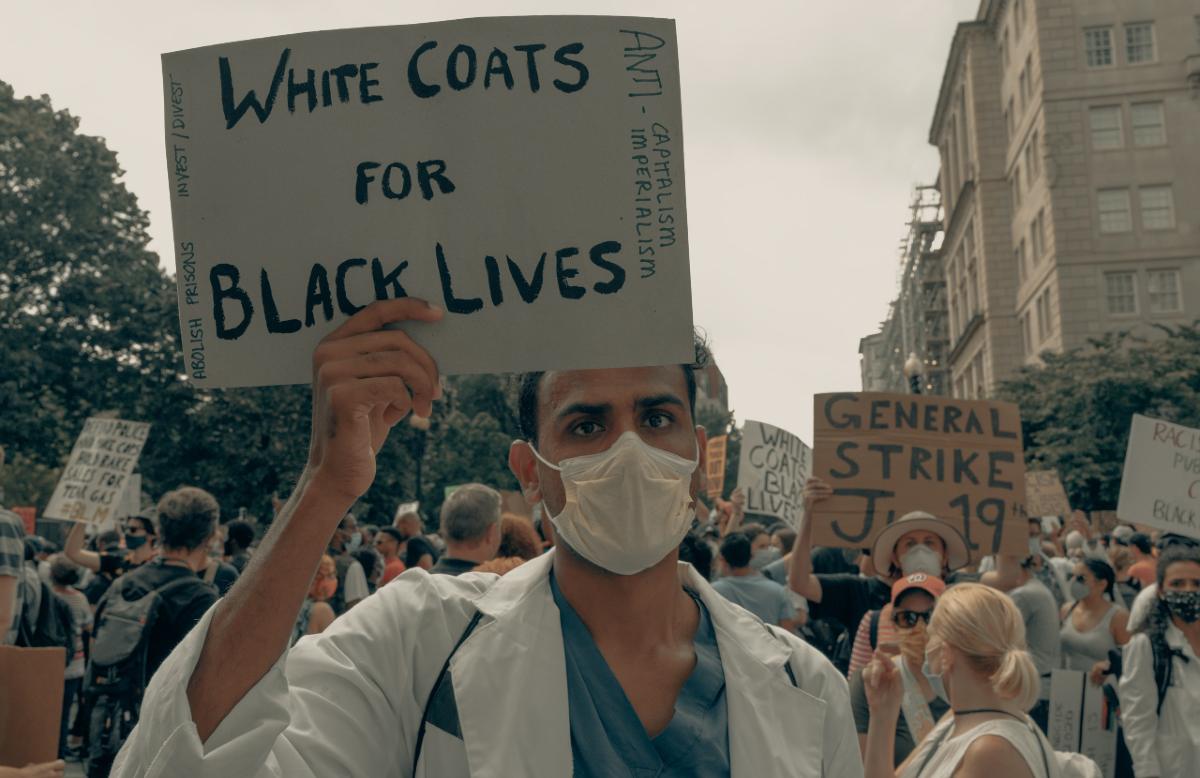
Bioethicists call for active advocacy to combat institutional racism
The whole discipline needs to be shaken up
For a discipline which was only born about 50 years, bioethics has reimagined itself time and time again. A number of articles in the latest issue of the American Journal of Bioethics argue that it needs to change again.
The authors, three academics from Harvard Medical School, sum up their aims in the target article, “Race, Power, and COVID-19: A Call for Advocacy within Bioethics”. They argue that “Ultimately, we advocate for a proactive form of bioethics that actively resists and denounces injustice and which considers a much wider variety of voices about justice than bioethics has historically considered.”
The architects of the once dominant paradigm in bioethics in recent years, Beauchamp and Childress, are mentioned once, compared to the French theorist Foucault, who is mentioned 12 times – which gives you an idea of which direction the wind is blowing from.
The authors target white normativity and advocate for a bioethics which is not merely more sensitive to racism, but laser-focused on it.
This may involve novel reconceptualization of how the notion of racism works.
For instance, the notorious Tuskegee syphilis experiments are often used as a touchstone of racist scholarship in the principalist framework promoted by Beauchamp and Childress. But the authors contend that “fascination with Tuskegee and other horrific events have truncated our awareness of the history, depth, and systemic character of American racism”.
They also deal with “implicit bias” in a way which may surprise readers who have discovered the concept only recently. It is already superannuated. “Limiting discussions of racism in bioethics to the problem of bias reduces our conception of justice into imagining how the other who is excluded might feel. While this is important, we must also address the structural factors at play on why one is made to feel that way.”
The first resolve of this new iteration of bioethics is political engagement: “It is not enough to simply acknowledge or believe that something is unjust. Such a feeling needs to be coupled with verbalizing—overtly speaking—the injustice.”
A second is purging the bioethics establishment: “bioethics is embedded within the same power relationships that are mirrored throughout health, research and politics and will require us to ask who holds power and why in order to begin to rectify the displacements that have been perpetuated.”
A third, is “counter story-telling” – highlighting the experiences of the marginalised. “The way we understand, teach, and write within and about bioethics should involve an audit of what is not included within current ethical discourse.”
A fourth, is a move away from “bedside issues” – because “bioethics has gone too small”. So, “Going forward, bioethicists need to focus on more creative ways to address systemic societal issues and incorporate advocacy in a meaningful way within their ethical work.”
As the authors note in their concluding remarks, they believe that the road ahead for bioethics will be painful as old ideas are unlearned and relearned. Bioethicists need to embrace “an ethic of discomfort”. Upcoming bioethics conferences will be interesting affairs.
Michael Cook is editor of BioEdge
Creative commons
https://www.bioedge.org/images/2008images/white_coats_232.jpg
bioethics
critical race theory
racism
- How long can you put off seeing the doctor because of lockdowns? - December 3, 2021
- House of Lords debates assisted suicide—again - October 28, 2021
- Spanish government tries to restrict conscientious objection - October 28, 2021
